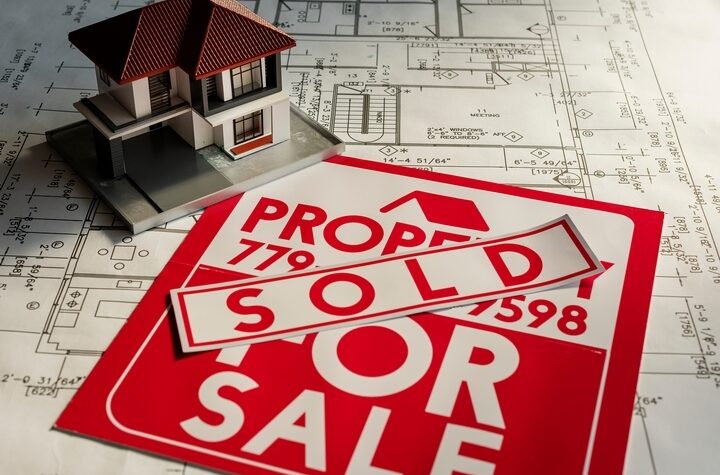It’s a natural thought to want to pretty up a property and renovate it before putting it on the market. This would improve the value, we tell ourselves, and that’s true for certain renovations.
However, some things are not worth investing your time in. As a seller, you don’t have to fix everything before putting the homes for sale. Some repairs are trivial and can be like throwing your money at a black hole. When looking at any fix, always weigh what you’re investing against what you’re likely to recoup in a home sale. Some properties need more repairs than others.
If someone is buying what you have purely for the land or the location, you may not need to do a lot of renovating. The exception is if you’re living rurally, so there may not be a lot of home sales happening where you are. In that case, fixing up certain elements of your home may be worthwhile.
Here’s our list of what not to fix when selling a house worth sticking to.
1. Installing New Flooring
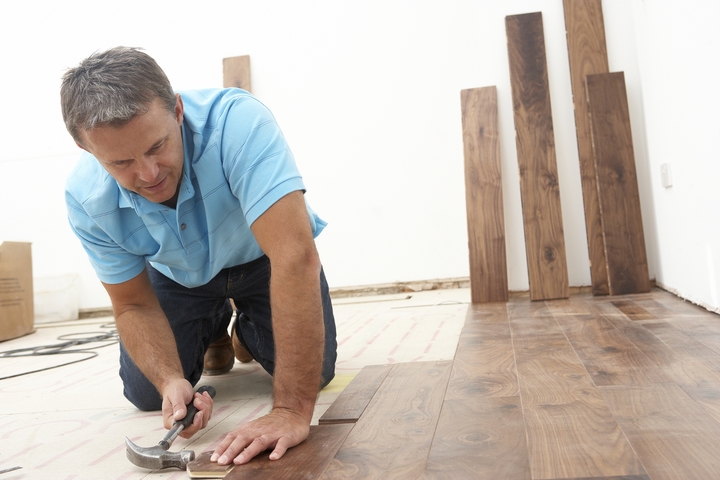
If you want to update your flooring when selling a house, don’t. This is the sort of renovation that you won’t recoup your investment on.
Even if the whole house is pinned down with carpet, and though buyers typically don’t like carpet, it’s not the sort of thing that will get a seller more profit on their home. It’s much easier to clean the floor or shampoo the carpet and make it most presentable.
2. Buying New Appliances
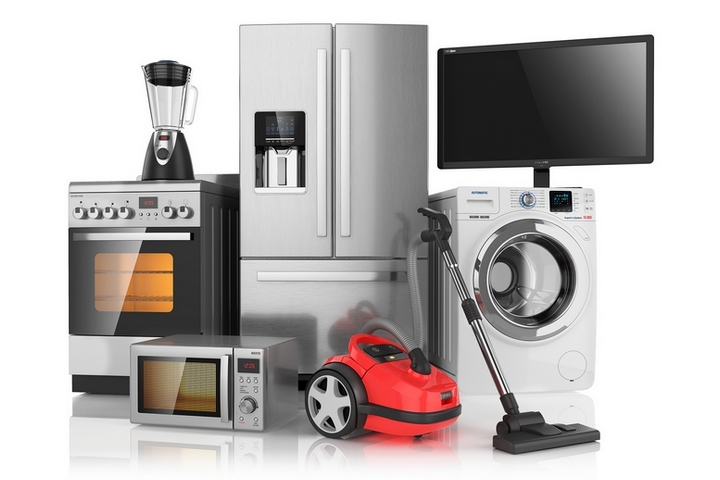
It’s a common issue to have old, dated, mismatched, or worn appliances. As long as they’re still functioning and working safely, there’s no reason to replace them.
If they’re not functioning properly, opt for used appliances rather than top-dollar high-end new appliances. This is one way you can save money if there are appliance problems and one thing you don’t have to worry about in terms of the costs of selling your home.
3. Minor Electrical Issues
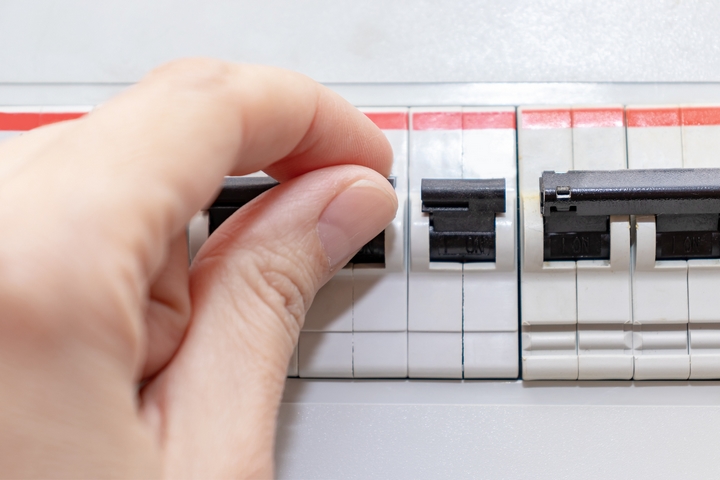
Your electrical has got to be up to date. There’s no question about that. You don’t want safety hazards. Old wiring, exposed wires, outdated electrical panels, and ungrounded outlets must be resolved.
What doesn’t are things like loose outlet plugs, dead outlets, or light switches that do nothing? Although you can address these things if you wish, they won’t add or take away anything from the value of your property.
4. Minor Cosmetic Flaws
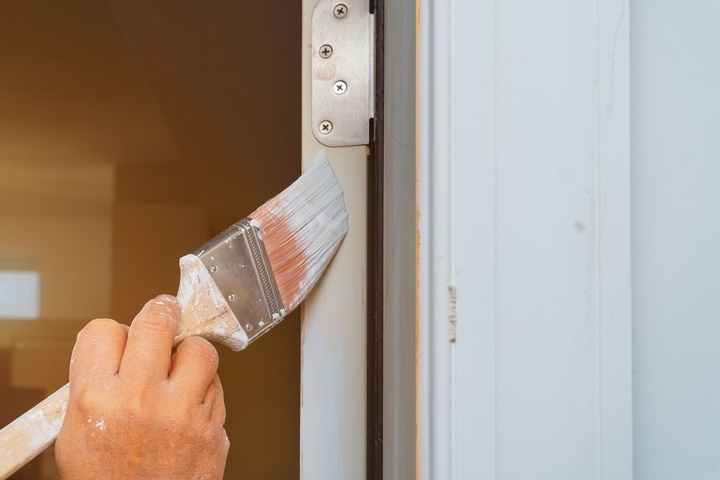
Some cosmetic flaws are easy to fix and worth your time, including painting and landscaping. Then, others aren’t worth tackling, such as a cracked tile in the bathroom or minor scratches on a hardwood floor.
If you haven’t made many home improvements in the past, tackling these projects can potentially cause more damage and end up with overspending. The ROI in terms of these minor cosmetic fixes compared to the sale of a home isn’t promising.
5. New Fixtures
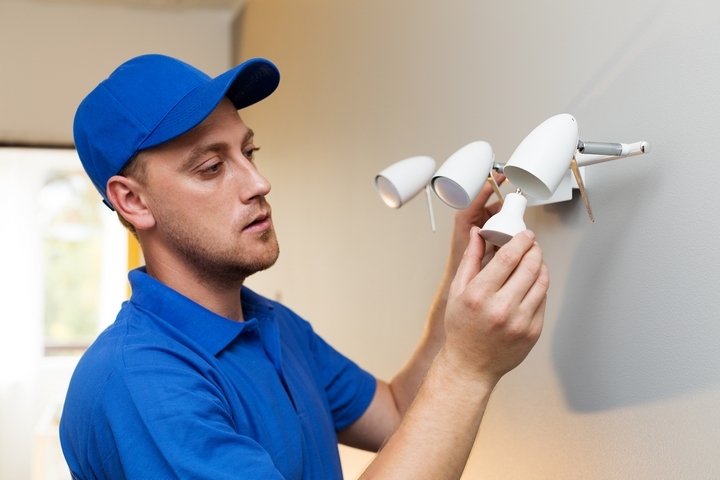
Some property owners want to make their properties shine, and to do so, they switch out everything they can for something more luxurious. They buy new sinks and faucets, new light fixtures, upgraded countertops in some cases, new mirrors, upgraded doors, and more.
Unless it’s outright broken, none of these things need to be switched out or fixed. As long as they’re clean, that’s all that matters.
6. Driveway Cracks
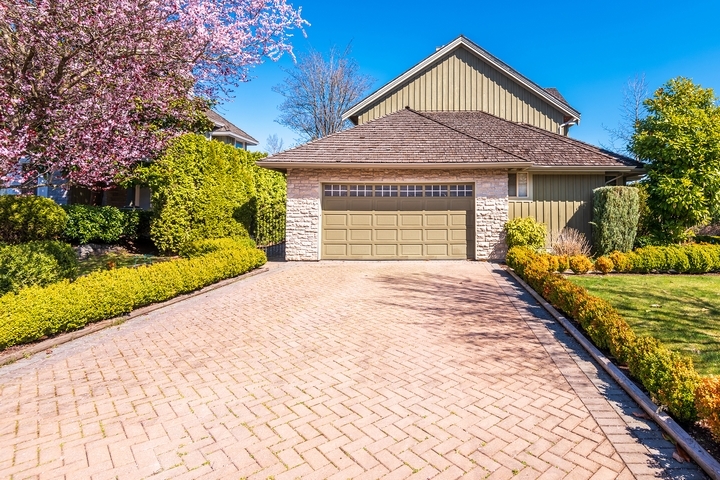
Unless your driveway or paved walkway is broken and poses a serious safety issue, it’s not something that’s going to distract from your property. Few buyers are picky about sidewalk cracks. It’s not going to cost you a sale, and these cracks are fairly common due to soil movement and temperature changes.
In terms of curb appeal, it’s much more important to focus on mowed grass, mulched flower beds, a fresh coat of interior paint, and a welcome mat.
7. Window Treatments
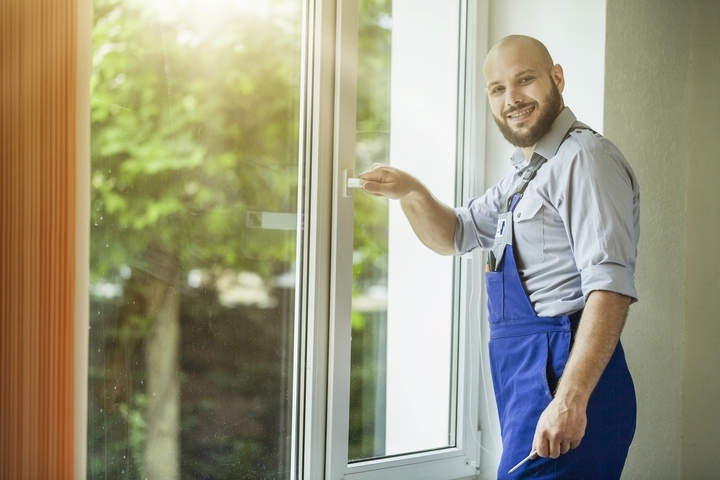
Window treatments, curtains, curtain rods and valances, and things of this nature can look dated over time. Instead of trying to replace them with something new, you can just remove these materials altogether. A buyer won’t know the difference.
If these items are not in good condition or aren’t right for the room, take them away rather than replacing them, which will only add to your renovation and selling cost.
8. Dated Rooms
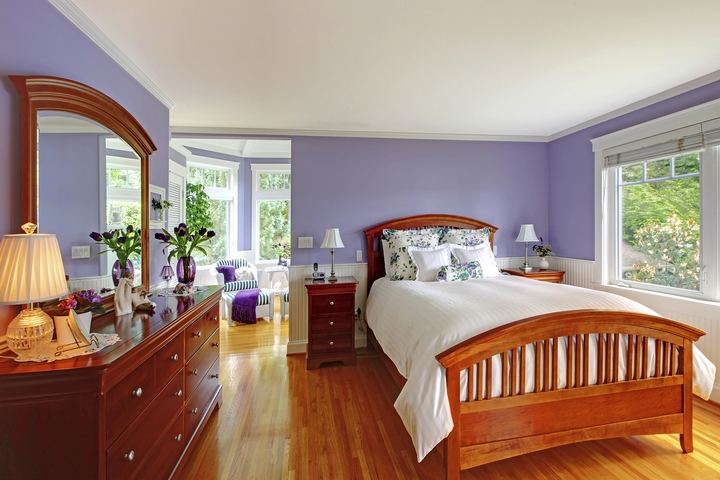
Before selling a house, many homeowners opt to update what’s dated in their home, and often, it’s done piece by piece. The result is partial upgrades, such as new kitchen cabinets and fixtures.
Unless you want to renovate an entire kitchen or bathroom, which has its advantages and disadvantages, it’s best to leave dated rooms to whoever’s buying the property. They can add value and make those changes according to their preferences.
9. Major Renovations
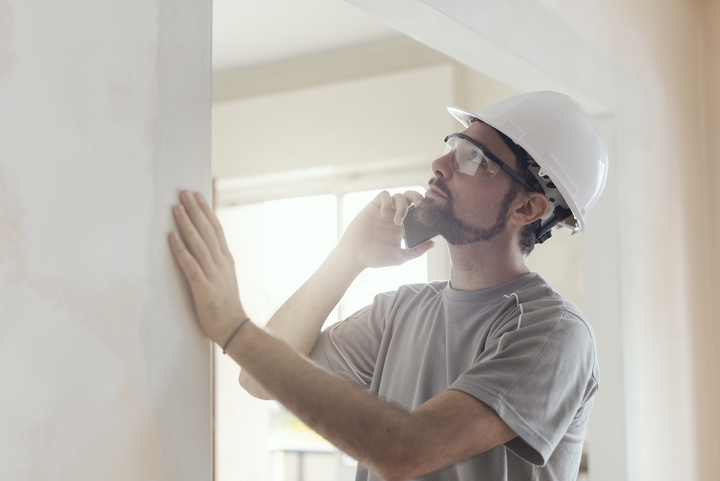
There is this belief in real estate sales that renovating the kitchen, bathroom, or master suite adds value. While it does and can, if you’re making these renovations purely to sell the property immediately afterward without enjoying them, you could be losing money.
The average home recoups only 50-59% of the value on major renovations, such as kitchen, bathroom, adding a bathroom, or the master suite.

